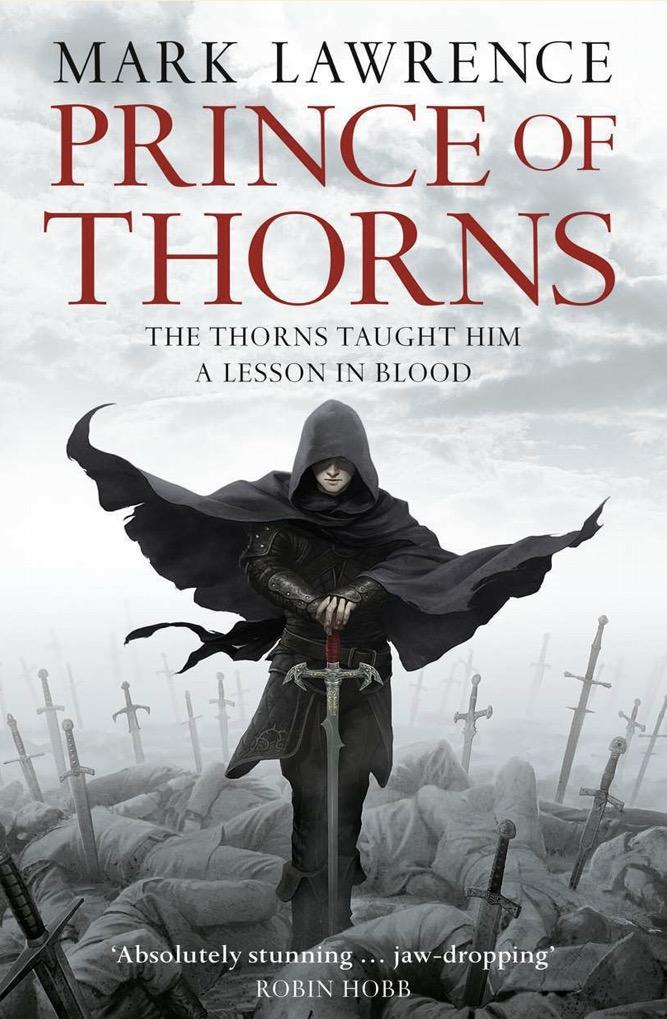

It’s a recipe that makes for a bloody (good) read.Mark Lawrence is a British AI research scientist with a physics degree, a Ph.D. It fits, of course, with Jorg’s worldview - he truly doesn’t treasure the lives around him, so why would he stop and weep for the fallen? At times I’d like to see more reaction when one of my favorite characters dies, but that really doesn’t fit with the tone of these books - it’s a violent world with a violent protagonist. Other characters die with only a passing mention. At one point, Jorg gets angry and avenges a comrade’s death in bloody fashion, but afterwards he’s asked why he bothered - he never liked that fellow in the first place. Of course, Jorg is a self-centered character, so it wouldn’t make sense for him to be too concerned about his compatriots’ back stories and motivations, but it also takes away some of the impact when members of the band die. Nonetheless, none of the characters are explored too closely - in fact, Jorg is surprised in this book to learn the Nuban’s name.

The two main female characters are also interesting. In this book, Makin fills a similar role to that of The Nuban, and Gorgoth and Gog are key to the first half of the book. In the first book, I liked characters such as The Nuban, Gorgoth, Gog and Morgog. The secondary characters in the book aren’t given much time, but there are surprisingly likeable characters mixed in amongst the thugs who typically surround Jorg.


The two storylines work well together and take full advantage of the dynamic world Lawrence has created, one that can host ghosts and dreamwalkers and computers and trolls without feeling like an awkward mash-up. It’s easy enough to tell which story thread each chapter addresses, as the chapters are all titled either “Four Years Ago” or “Wedding Day.” In KING OF THORNS, the tale bounces back and forth between the current action, in which an overpowering army prepares to invade the kingdom Jorg won in PRINCE OF THORNS, and four years earlier, when Jorg begins to explore his newly-won territory. Of course, I love a good anti-hero - Raistlin Majere, Gerald Tarrant, Nicomo Cosca, anyone? - so Jorg was right up my alley. While I admire the tactic, I wonder how many readers Lawrence lost, people who never read to the second half of the book to find that while Jorg may not be a character you want to root for, he’s at least an understandable character. In the opening book, which I reviewed here, Lawrence chose to tell his story by introducing Jorg at his worst and then providing backstory primarily in the second half of the book. So it’s high praise indeed that KING OF THORNS is even better than its predecessor. The pace was swift, the action sharp as a knife, the prose subtly effective and the characters hiding unseen depths beneath their violent exteriors. PRINCE OF THORNS, the first book in THE BROKEN EMPIRE, was probably my favorite discovery of 2011.


 0 kommentar(er)
0 kommentar(er)
